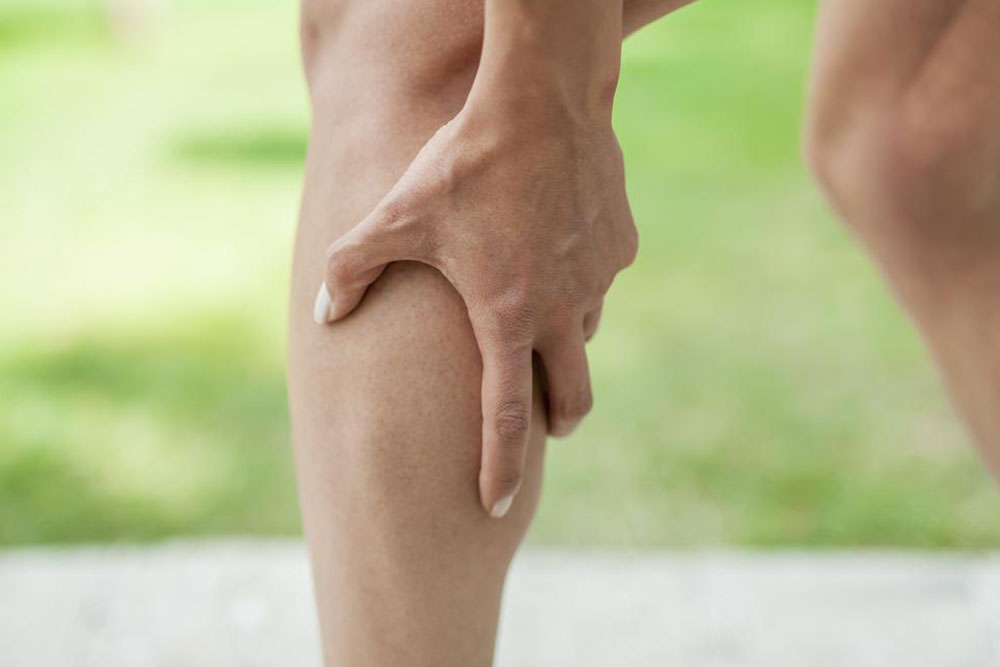Nocturnal leg cramps: Understanding what’s keeping you up at night
Have you ever gotten leg cramps during the night? Do they take away your sleep and make you a part-time insomniac? Find out why it happens and what you can do to prevent it.
What might be causing it?
Nocturnal leg cramps usually affect middle-aged people, pregnant women, alcoholics, and some people who are suffering from certain structural disorders. But more often than not, there may not be any apparent reason for the emergence of cramps during the night. Excess exercise without adequate warm ups or cool downs could lead to tension in the muscle which could lead to muscular cramps at night.

Symptoms that you will notice
Nocturnal leg cramps are painful cramps that occur during the night and generally affect the calves. These cramps will make your calves or the affected muscles feel tight or knotted. Leg cramps at night can last for a few minutes and in some extreme cases, a few hours. These sudden spasms of the muscle most commonly occur right before you sleep or after you wake up.It is fascinating to know that these kind of muscle spasms are also known as a Charley Horse.
Helpful preventive and corrective treatments
The popular statement Prevention is better than Cure paves way for preventive treatments that are more powerful since it is much easier to actually prevent this condition than to cure it medically through drugs. A number of natural as well as medical remedies can be helpful when it comes to the prevention of nocturnal leg cramps. It is essential that you drink at least six to eight glasses of water a day to keep yourself and your muscles hydrated. It is also important to stretch out your muscles gently before going to bed. Your muscles are less likely to cramp if you do so. If you do suffer from a bout of painful leg cramps at night, forcefully stretching the muscles would be the most effective way to relieve the cramps. If this does not help much and you still suffer from nocturnal leg cramps, vitamin E or B supplements are known to help in attacking the underlying cause behind your recurring cramps. Diphenhydramine and calcium channel blocker may be suggested by your doctor if the pain is extremely severe.

